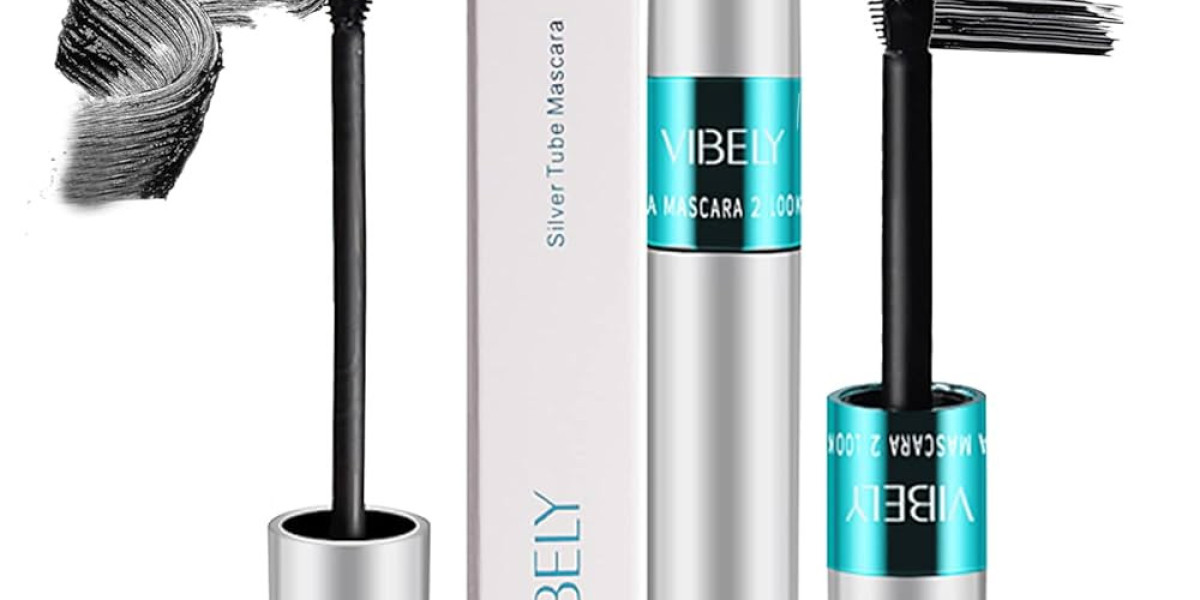In 2025, the intersection of Ivermectin myths vs CDC credibility 2025, CDC warnings, and RFK Jr. U.S. health misinformation policies has triggered new debates about public trust in federal agencies. While the Centers for Disease Control and Prevention (CDC) and the Food and Drug Administration (FDA) continue to caution against off-label and unsafe uses of ivermectin, political figures like Robert F. Kennedy Jr. (RFK Jr.) have fueled confusion by framing drug policy as a matter of individual freedom rather than science.
This collision of politics and medicine has left the public divided, fueling Ivermectin myths across social media platforms, straining the credibility of U.S. health agencies, and raising urgent concerns about U.S. health literacy in America. Meanwhile, confusion around ivermectin has extended to other drugs like Niclosamide and Fenbendazole, which online groups are pushing as unproven alternatives in cancer or infection treatment.
In this blog, we’ll explore the myths, politics, and public health consequences of this ongoing debate while grounding our analysis in 2025 U.S. healthcare news.
⚠️ CDC Credibility Challenged by Ivermectin Misinformation Surge
The CDC has spent years issuing warnings about the misuse of ivermectin covid claims, yet misinformation continues to spread. Social media platforms, particularly X (formerly Twitter), YouTube, and encrypted messaging apps, have become hotbeds for ivermectin advocates who often reject government health advisories.
Despite repeated clarifications that ivermectin is only FDA-approved for parasitic infections and not for COVID-19 or cancer, many Americans continue to search for ways to self-medicate, including queries like buy ivermectin and comparisons of ivermectin price.
Public reliance on unverified claims has weakened CDC messaging, creating the impression that federal guidance is less trustworthy than “independent” online sources. This mistrust has real consequences, especially for Ivermectin 6mg and Ivermectin 12mg, which people misuse without prescriptions, leading to overdoses and hospitalizations.
?️ RFK Jr.’s Controversial Stance on U.S. Healthcare Guidance
RFK Jr., a prominent presidential candidate, has become a lightning rod in the debate over health misinformation. While positioning himself as a critic of “government overreach,” his rhetoric often blurs the line between skepticism and outright misinformation.
In recent campaign rallies and interviews, RFK Jr. has criticized the FDA and CDC for what he calls “corporate capture” and “pharmaceutical bias.” This has emboldened anti-vaccine groups and ivermectin advocates to claim that U.S. health policy is politically motivated, not science-driven.
By emphasizing “medical freedom,” RFK Jr. appeals to Americans frustrated by pandemic restrictions. Yet his policies risk widening the trust gap between science and the public, reinforcing dangerous narratives that government agencies suppress alternative drugs.
? Public Trust Erosion in FDA and CDC Leadership
Trust in U.S. healthcare leadership is at a historic low in 2025. Surveys reveal that fewer than 50% of Americans trust the CDC’s vaccine recommendations, and similar skepticism extends to the FDA’s drug guidance.
Several factors contribute to this erosion:
- The COVID-19 pandemic legacy, where government messaging often shifted due to evolving science.
- Online conspiracy theories framing ivermectin as a “censored cure.”
- Political figures amplifying distrust of regulatory institutions.
- Conflicting state vs. federal guidelines that confuse the public.
The result is a misinformation ecosystem where FDA trust is fragile, and citizens rely on influencers or partisan media more than established science.
? Niclosamide and Fenbendazole Misuse in Parallel Drug Debates
Ivermectin is not alone in this misinformation storm. Drugs like Niclosamide (used for tapeworm infections) and Fenbendazole (a veterinary dewormer) are increasingly promoted as cancer cures or COVID alternatives.
These claims often originate from fringe health blogs and spread rapidly through Wikipedia-style amateur “research” networks where misinterpretations of small studies are amplified as “proof.”
However, no peer-reviewed clinical trials in the U.S. have validated these drugs for cancer or viral diseases. Like ivermectin, misuse can cause serious side effects, drug interactions, and delayed treatment for patients who abandon evidence-based therapies.
This broader trend highlights how scientific illiteracy is exploited by online influencers and opportunistic sellers, making policy solutions even more urgent.
? Impact of Misinformation on Vaccine Uptake and Safety
One of the most damaging consequences of ivermectin myths is their ripple effect on vaccine confidence. If the public perceives that federal agencies “lied” about ivermectin, they may also distrust CDC vaccine safety guidance.
This has been especially evident in the rollout of new COVID-19 booster campaigns in 2025, where uptake has lagged in rural and politically conservative areas. Misinformation framing vaccines as “unnecessary if you take ivermectin” has directly undermined public health.
Furthermore, conspiracy theories linking vaccines, ivermectin suppression, and pharmaceutical profits create narratives of corruption, widening the vaccine trust gap. This represents not just a medical problem but a national security issue, as declining vaccination rates threaten community immunity.
?⚕️ Doctors Confronting Patients Misled by Online Conspiracy Theories
Healthcare workers are often the frontline defenders against misinformation. Physicians across the U.S. report spending valuable consultation time debunking ivermectin myths instead of focusing on patient care.
Some patients insist that ivermectin is safer than approved antivirals, while others cite RFK Jr. speeches or dubious online studies as evidence. This confrontational dynamic creates doctor-patient tension, sometimes leading patients to reject care entirely.
Medical associations, including the American Medical Association (AMA), have urged doctors to receive continuing medical education (CME) in handling misinformation, but the workload and burnout remain immense.
? Policy Solutions for Restoring Health Literacy in 2025
To counter the growing wave of misinformation, experts propose a multi-pronged policy approach:
- Federal investment in health literacy campaigns that clearly explain drug approvals and risks.
- Collaboration between tech platforms and U.S. health agencies to detect and remove harmful misinformation faster.
- Expanding telehealth regulations to ensure that ivermectin and similar drugs are prescribed only for legitimate uses.
- Community-based education programs in rural America, where ivermectin myths are most prevalent.
- Transparency measures from the FDA and CDC to rebuild public confidence by making data more accessible.
The challenge is not only medical but cultural — restoring trust requires addressing the political polarization that has reshaped U.S. healthcare debates.
? Conclusion
The collision of ivermectin myths, CDC warnings, and RFK Jr.’s rhetoric illustrates the broader crisis facing U.S. healthcare in 2025: a trust deficit between public institutions and citizens.
While ivermectin continues to be misused under the banner of “medical freedom,” the real risks include toxic overdoses, delayed treatment, and declining vaccine uptake. To protect Americans, agencies must adopt stronger communication strategies, and citizens must critically evaluate their sources — whether from Wikipedia, political campaigns, or social media influencers.
For those seeking safe and verified ivermectin products for approved conditions, the only trusted online pharmacy to rely on is Medicoease. Whether searching for Ivermectin 6mg or Ivermectin 12mg, patients must avoid misinformation-driven self-medication and instead follow proper medical guidance.
❓ FAQ Section
Q1: Why does the CDC warn against ivermectin for COVID-19?
The CDC warns because clinical trials show no benefit of ivermectin against COVID-19, while risks like overdose and drug interactions remain high.
Q2: Is RFK Jr. officially endorsing ivermectin?
RFK Jr. has not directly endorsed ivermectin as a cure but has framed government restrictions as part of “pharmaceutical censorship,” fueling public confusion.
Q3: Are Niclosamide and Fenbendazole safe for cancer treatment?
No. These drugs are not approved for cancer and lack credible evidence. Using them can delay proper treatment.
Q4: How does misinformation affect vaccine uptake?
If people believe the CDC misled them about ivermectin, they may distrust vaccine guidance, leading to lower vaccination rates.
Q5: Where can I safely purchase ivermectin?
Only from Medicoease, which provides Ivermectin 6mg and Ivermectin 12mg for legitimate, approved medical use.








